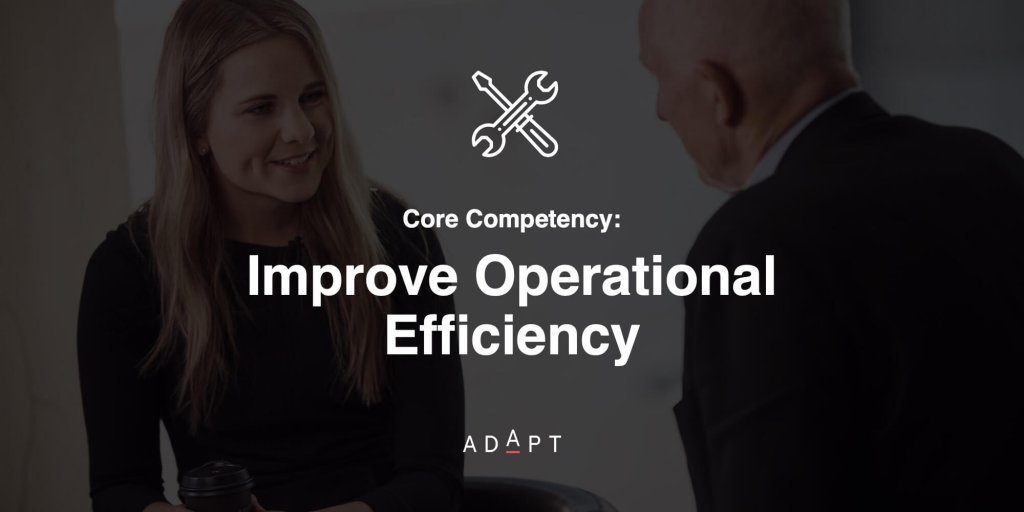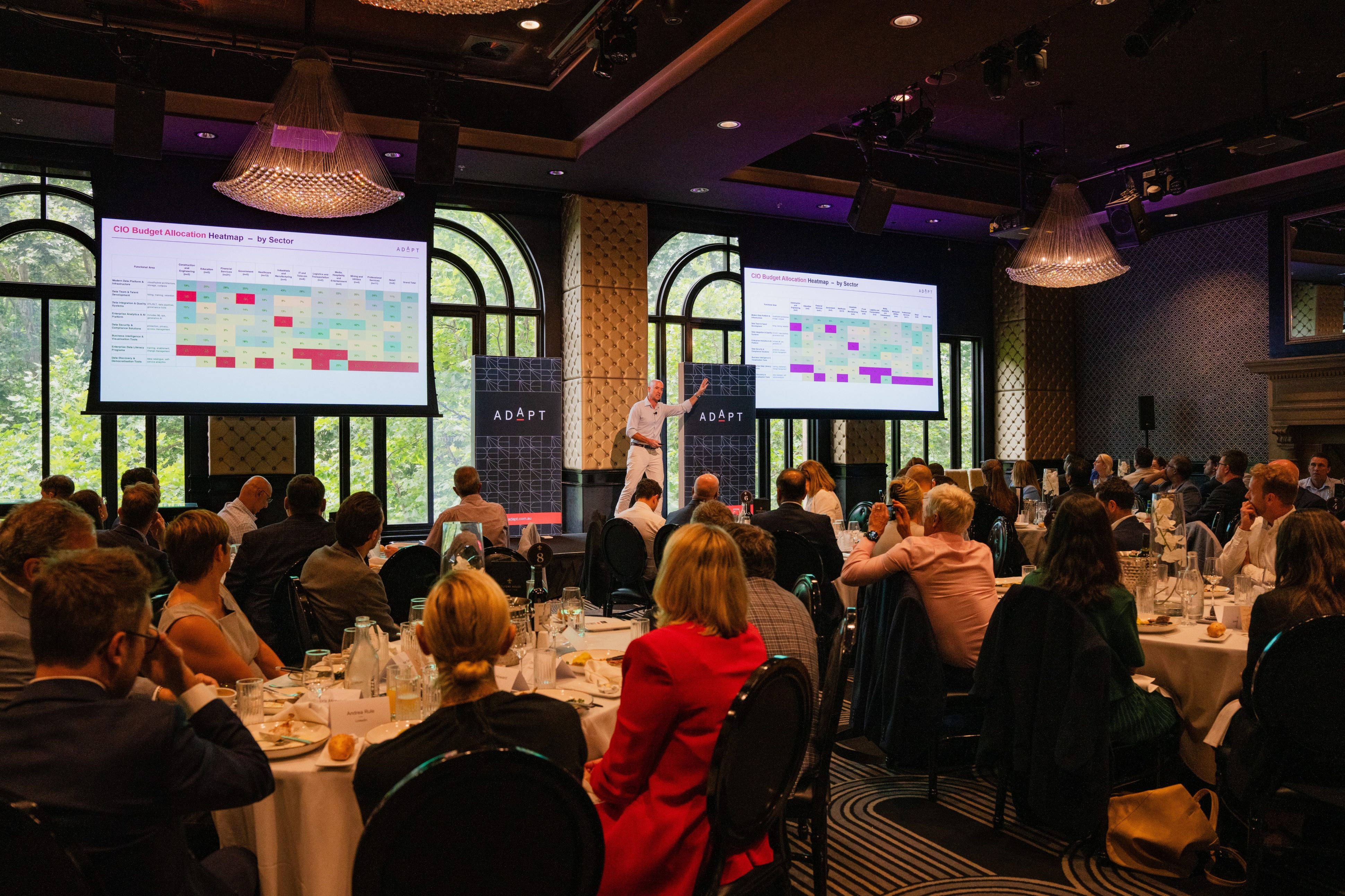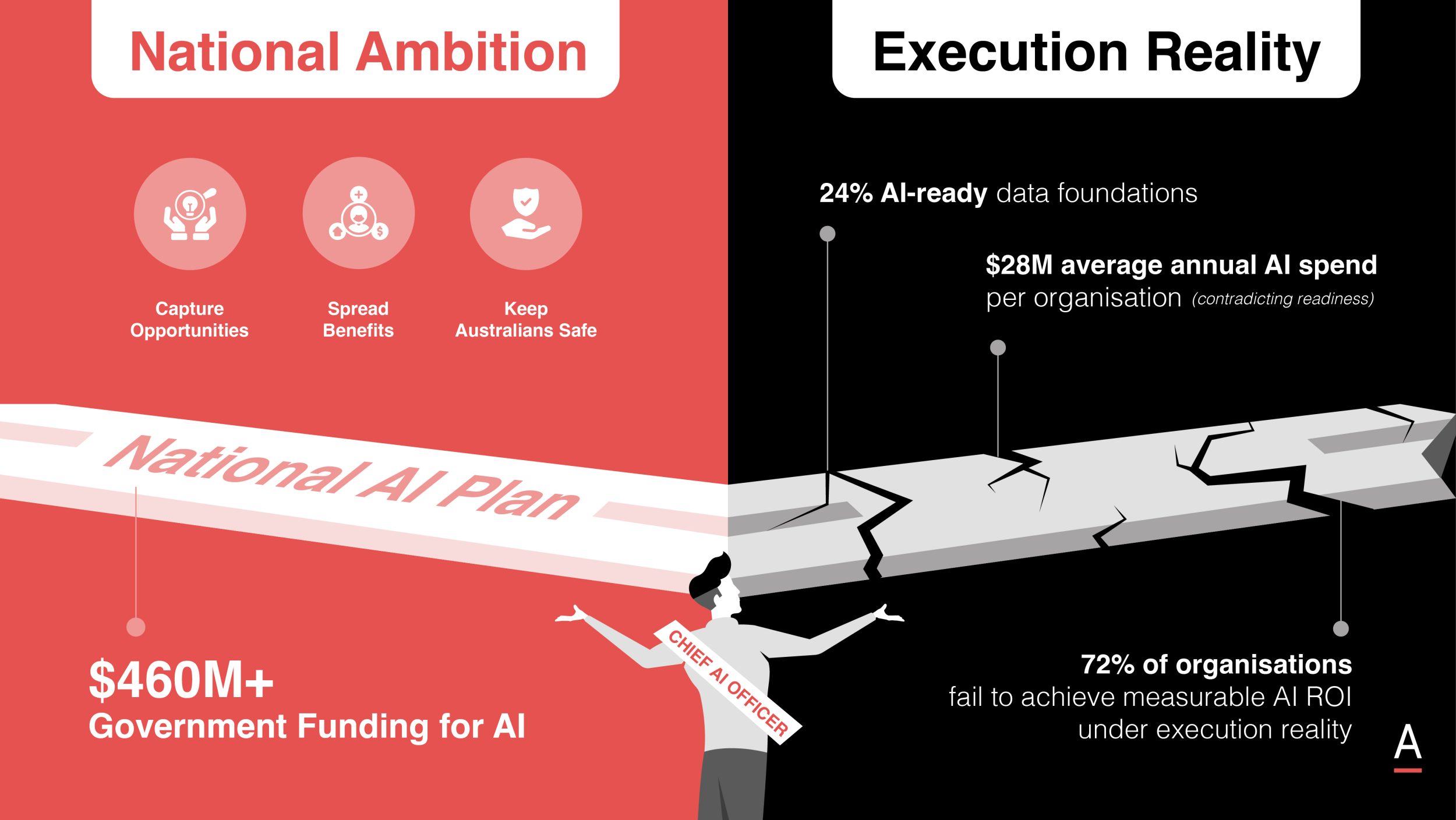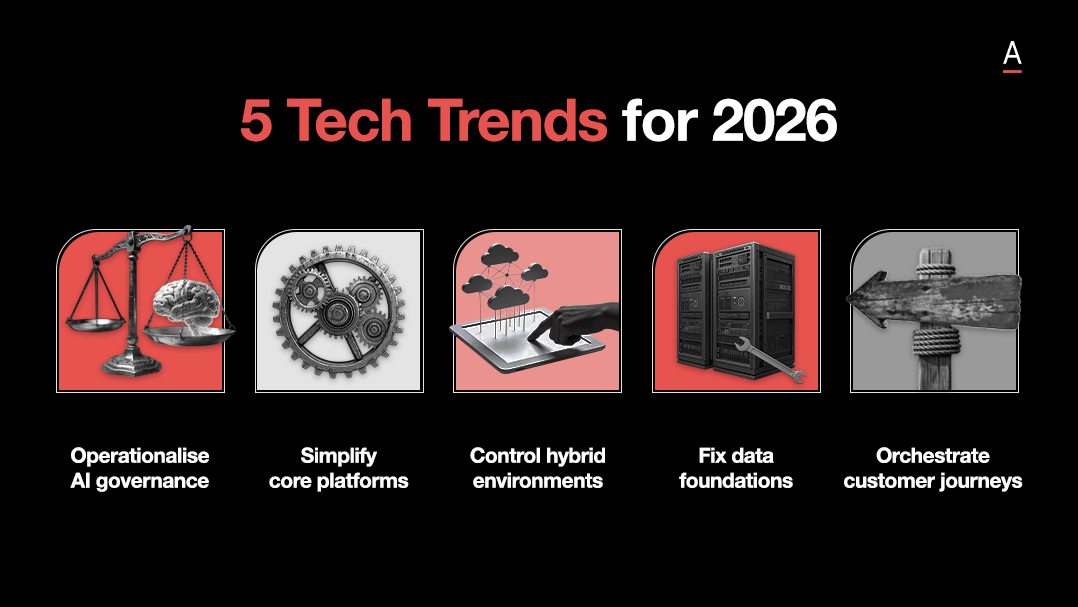Core Competency: Improve Operational Efficiency
ADAPT’s 12 core competencies are an output of more than 10,000 interactions around drivers, challenges, and initiatives. Operational efficiency or operational effectiveness delivers the required business output whilst maximising resource utilisation
2020 marks the beginning of a decade that will shape the business world with new fundamentals to operate within new environments. In previous years, organisations focussed on the core competencies of business and product differentiation for success. The same approach will not suffice in a world run by homogenous technology solutions such as Data Analytics and Artificial Intelligence (AI). Business executives responsible for making decisions about technology, finance, and customers need to focus on developing certain core competencies that help differentiate a business and execute on their ongoing transformation initiatives.
“Core Competency” was introduced by C. K. Prahalad and Gary Hamel as a management concept. It is defined as “a harmonized combination of multiple resources and skills that distinguish a firm in the marketplace” and therefore are the foundation of companies’ competitiveness.
The core competencies relevant to previous decades need to extend beyond a business value proposition, into individuals, teams, and business leaders-specific competencies.
ADAPT’s 12 core competencies are an output of more than 10,000 interactions around drivers, challenges, and initiatives from 3,000 of Australia’s leading IT and business executives. The core competencies are not mutually exclusive and are often interlinked with shared components.”
ADAPT is creating research and advice aligned to these 12 competencies to help business leaders flourish in the coming decade.
Improve Operational Efficiency
What does it mean?
Operational efficiency can have different meanings to different people and organisations in terms of cost, time, effort and performance. In its basic form, operational efficiency or operational effectiveness delivers the required business output whilst maximising resource utilisation. This includes finding efficient & error-proof processes that result in optimum effort.
Usually, the effort or input is measured in terms of costs, systems and resources required to derive the desired business outcome which includes increasing market share and profitability, attracting and retaining talent – reducing overheads.
What are the key components?
ADAPT has identified four key components that executives should focus on, to improve operational efficiency.
Automate organisational processes, workflows and systems
Digital transformation begins with process re-engineering, whilst most organisations are trying to force-fit old processes into a digital workflow. This creates gaps in costs and efforts required for any transformation project and leads to unmet expectations. Australian CIOs and IT leaders rank digitisation of workflow and processes as one of their top 5 priorities for 2020. A prerequisite to successful digital transformation is to align the process, workflow and system automation closely to digital execution efforts.
Achieve a unified data view across the organisation
Data is the new gold and organisations want to utilise it for better understanding of customers, prospects, competitors and create differentiation. Australian business leaders seek to become data-driven organisations, yet effective management and utilisation of data remains one of their biggest challenges. The rush to track and collect information is accompanied by disparate data collected, stored and analysed across multiple departments and business units. Business executives need to have a holistic approach towards creating a data vision and architecture.
Modernise and consolidate the technology stack
Organisations need to renovate the traditional IT infrastructure to create a seamless and relevant technology experience for customers, employees and partners. Cloud has been the go-to technology to drive modernisation and consolidation, however, most Australian organisations are still spending close to 60% of their IT budgets on keeping the lights on.
The shift towards cloud has broken the mould of traditional IT, organisations now need to consider how emerging technologies such as Edge can drive the spend further down the path of innovation.
Support business process evolution
Business processes, outputs and inputs have been built on long held business principles, investments and approaches. Organisations should consider how technologies such as RPA and AI can help improve business process efficiency and drive less human-centric processes, enabling experiences that customers and employees while and freeing up employees from mundane tasks.
How Australia stacks up
Australia is heavily reliant on traditional industries, such as mining, agriculture, finance and retail. Many of these industries are under threat from non-traditional competitors and associated forces – climate change, water shortages, droughts, digital payment platforms and banks, and online retailers.
Industry has been slow to react to these threats, which require new ways of aligning outcomes to inputs. There are examples, such as Elders, that has embraced ag-tech to counter some of these challenges. Read South Australia and Lot Fourteen tackling the skills shortage with innovation, investment and vision.
Australian organisations have recognised the need to shake up traditional thinking and ways to counter the current threats to their businesses. This is being driven at the financial and technological level of these organisations. CIOs and CFOs alike rank improving operational effectiveness as their number one business priority for 2020.
HOW TO USE THE 12 CORE COMPETENCIES?
Understand that any core competency is a continuous process of change and evolution. It is not a destination. ADAPT research and advice will address these core competencies by tying them to technology, business and people related events and challenges that executives face today.
As the core competency overviews remain consistent, you can refer to each core competency overview and aligned research to create your division’s strategy, education to the board/CEO, evaluating technology, and communicating with stakeholders.
To learn more, reach out to us at adapt.com.au/ResearchAdvisory

























